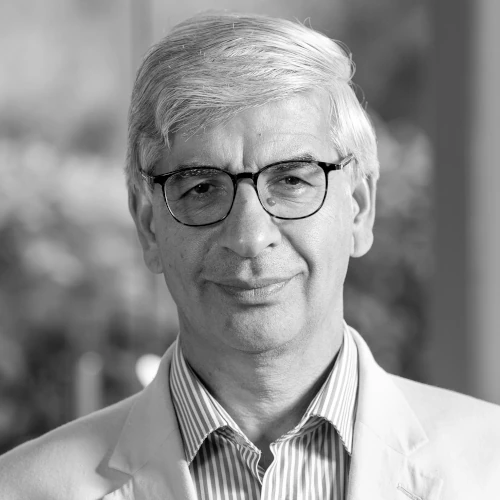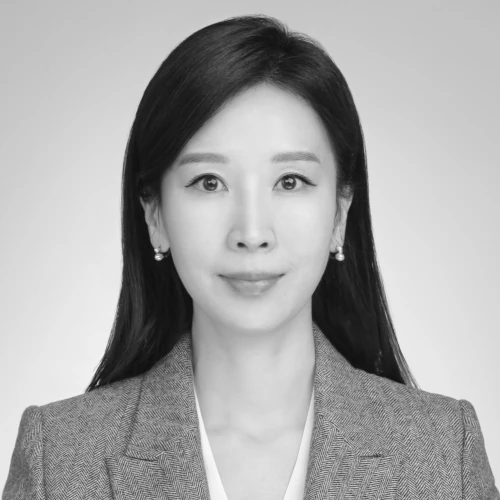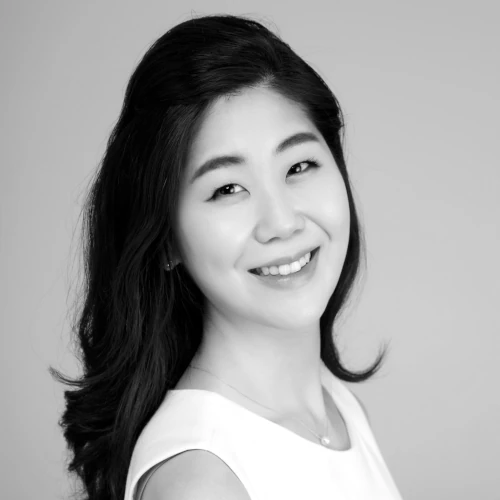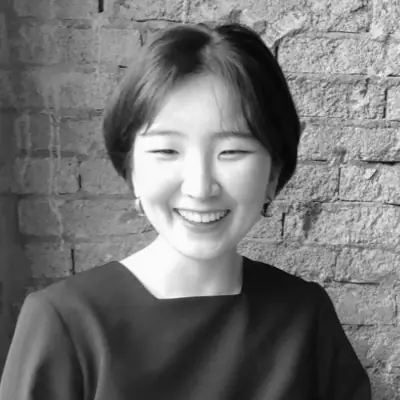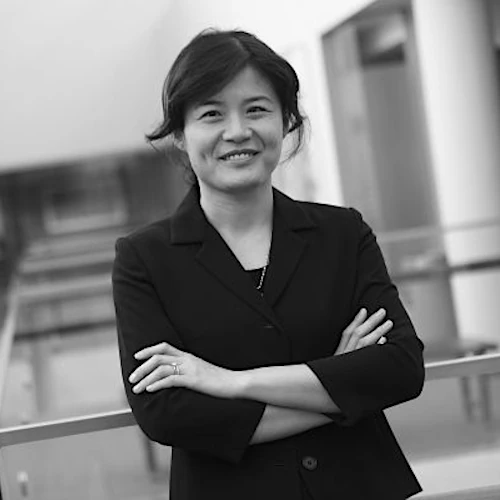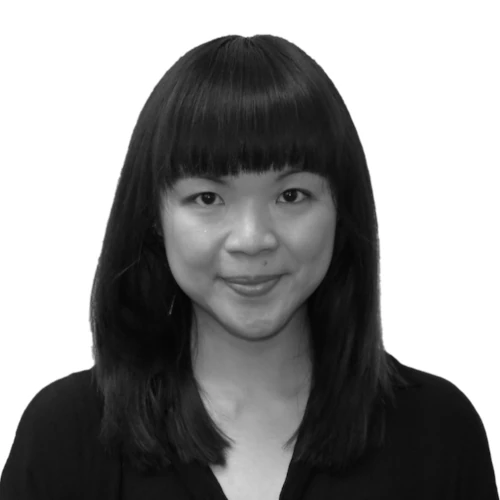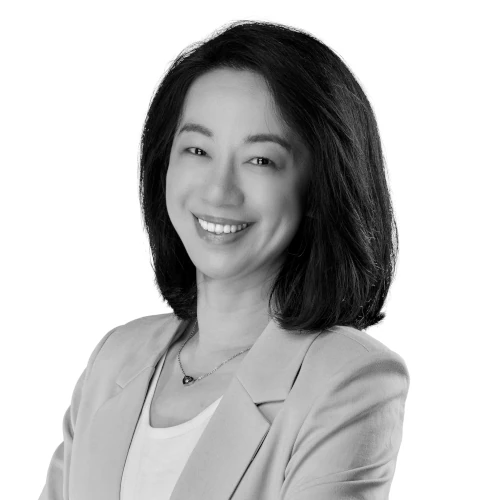Keynote Presentation
The changing geopolitics of global media flows and contraflows
Global media flows - both entertainment-driven or news- and information-oriented have largely been shaped by powerful media and communication corporations based in the United States, supported by the US government. From Hollywood to CNN and Netflix to X, the US media presence is ubiquitous in terms of institutions, infrastructure and commerce, boosted by the globalization of 24/7 digital communication. However, this talk will aim to demonstrate how the global media order is being increasingly challenged by the emergence of major non-Western media powers. Whether it is television news from Qatar (Al-Jazeera); China (CGTN) and Russia (RT) or entertainment from Türkiye (historical dramas), Japan (anime) or India (Bollywood), the global media space is increasingly diverse and multilingual, offering promising possibilities for a pluralist global digital public sphere. Nevertheless, the presentation will problematize the concept of 'contra' itself, since, in geopolitical and economic terms, these supposedly alternative perspectives tend to follow similar economic interests and geopolitical agendas.
Daya Thussu is Professor of International Communication at Hong Kong Baptist University and a Senior Research Fellow at the Institute for Commonwealth Studies, University of London. He is the President of the International Association for Media and Communication Research (IAMCR). He was, for many years, Professor of International Communication at the University of Westminster in London. For the academic year 2018-2019, he was Distinguished Visiting Professor and Inaugural Disney Chair in Global Media at Schwarzman College, Tsinghua University in Beijing. He is the author or editor of 20 books, including International Communication - Continuity and Change, third edition (Bloomsbury Academic, 2019) and, most recently, Changing Geopolitics of Global Communication (Routledge, 2024). He is the founder and managing editor of the Sage journal Global Media and Communication and, since 2009, he has been series editor for two Routledge book series: Internationalizing Media Studies and Routledge Advances in Internationalizing Media Studies.
